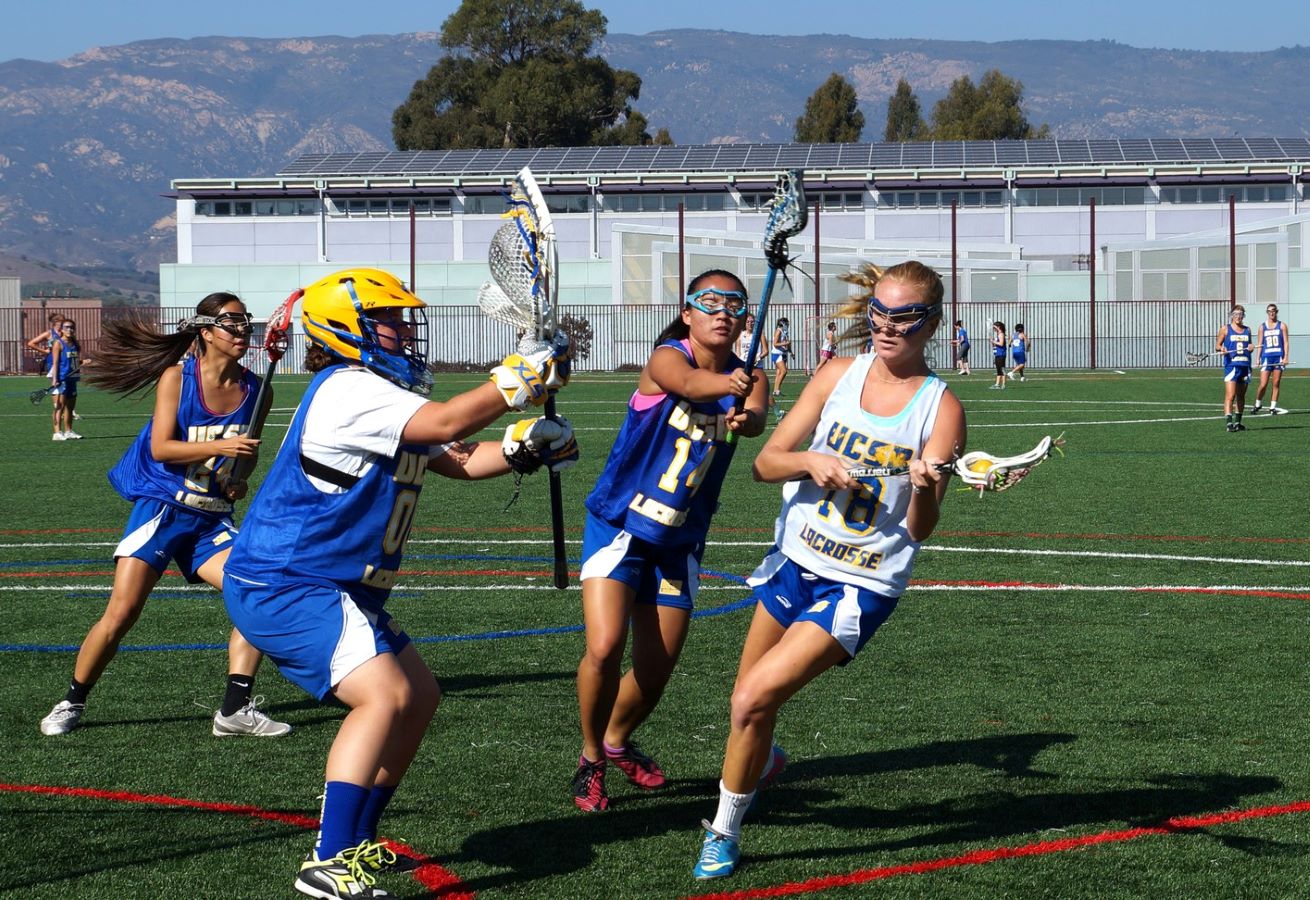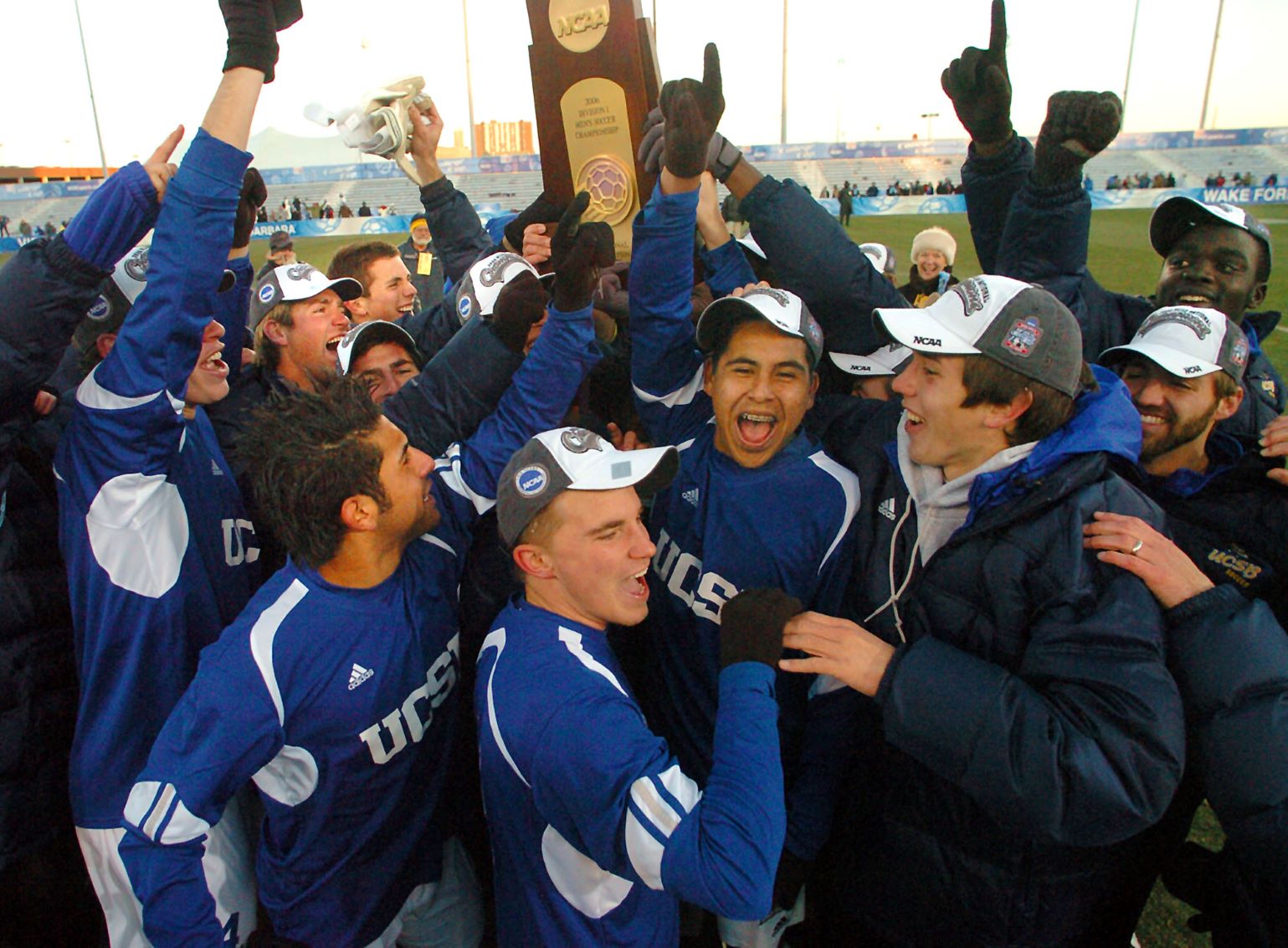Collaboration with Rec Sports and Intercollegiate Athletics
The UCSB Student Health Alcohol and Drug Program has a designated behavioral health therapist providing education and counseling to students involved with the Department of Recreation and Intercollegiate Athletics. Students may self-refer or are referred by coaches, trainers, other professional staff, teammates or friends. In addition to individual counseling, the therapist provides education and prevention trainings to ICA staff, ICA teams, Department of Recreation staff, student staff and Club Sports leaders.
There is also an ICA-ADP Peer Health Educator, supervised by the ADP therapist, who promotes alternatives for stress reduction and the social pressures of Isla Vista by offering social media messaging, emails, and bulletin board postings in the ICA building. The ICA-ADP Peer Health Educator Student also serves on the Athlete Advisory Committee meetings and offers additional information on resources and supportive services for student athletes.
Intercollegiate Athletics has a strict drug policy and drug testing program. The policy is online on the UCSB Athletics website.
Student athletes are picked randomly, as well as if suspected of drug use. They are notified 24 hours in advance to test by Drug-Free Sport. They’ll receive the results around a week later. If they receive a positive result, they’ll be mandated to attend four counseling sessions with an ADP counselor. These sessions are confidential except to the ICA Program Director regarding attendance and paid for by ICA. The goal of counseling is to provide mental health support in addition to teaching students how substances can have negative effects on their athletic performance and reinforce abstaining from substances. Students are taught skills to avoid or turn down substances, identify alternatives for relaxation and socialization, and be encouraged to be role models to their teammates.
If athletes receive a second positive test, they will lose 20% of their playing time and continue with four more counseling sessions at their own expense ($120). A third positive is 50% reduction in playing time and a fourth leads to dismissal from the team.
Students may self-refer for free short-term or supportive counseling.
What to Expect in Counseling
Student-athletes may come to counseling referred by a coach or self-referred, and in all cases, it is confidential. Confidentiality means that what’s discussed in sessions is between the student and the counselor. Exceptions include the student giving explicit permission, if there’s suspected child or elder abuse, or if the student presents a serious danger to another person or themself. If a coach or staff refers the student, they normally want to know they participated. Progress notes written by the counselor are in the student's medical chart and protected by HIPAA.
If you see your counselor on campus or at events, it’s up to you if you want to acknowledge you know each other.
Topics that might be the focus of attention in sessions may include:
-
Substance use
-
Mood management (depression, anxiety, anger, etc)
-
Relationships (friends, family, coaches, conflict)
-
Lifestyle management (eating, sleeping, screen limits)
-
Focus concerns, time management
-
Trauma, grief
-
Identity
-
Sports performance and psychology

